Non-governmental organisations (NGOs) often rely on field workers to manage and execute projects in complex environments where time efficiency and effective task coordination are critical. This study systematically reviews existing literature to explore how mobile applications have been utilised to enhance project efficiency and time management among NGO field staff, particularly in Sub-Saharan Africa. Drawing on peer-reviewed studies, technical reports, and documented NGO case studies published between 2010 and 2024, the review identified common patterns in mobile application use for reporting, task scheduling, communication, and data tracking. Guided by the Technology Acceptance Model (TAM) and Activity Theory (AT), the study synthesised findings across diverse contexts to uncover both the benefits and constraints of mobile technology adoption. The results showed that mobile apps have contributed to improved reporting speed, reduced administrative delays, and better coordination among teams. However, challenges such as low digital literacy, poor network infrastructure, and limited organisational support continue to hinder optimal use. The review highlighted key themes around usability, institutional readiness, and the need for contextaware deployment of mobile tools. It also identified significant gaps in the literature, particularly in long-term evaluations and locally-driven implementation strategies. The study concluded by recommending improved staff training, stronger digital infrastructure, and better integration of mobile technologies into NGO operational frameworks.
Keywords: Mobile Technology, NGO Workers, Field Management, Time Efficiency, Project Delivery, Communication Tools
Written By:
Gibrilla Amara Tucker
School of Technology, Department of Physics and Computer Science,
Njala University, Sierra Leone
Mobile: +243819987074
Email: tuckergibrilla@gmail.com
ORCID number: 0009-0000-1278-5667
